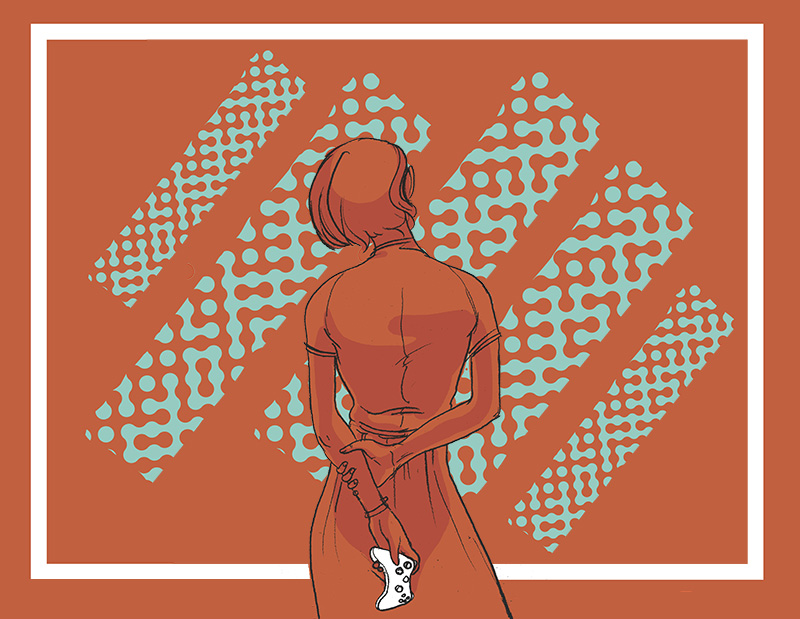Engines of Play: How Player Motivation Changes Over Time
{{unknown}}

The NYU Game Center, the Game Design program of NYU’s Tisch School of the Arts, today announced the creation of a new scholarship designed to support women who wish to pursue a graduate degree in game design. The Barlovento Scholarship for Women in Games … Continue Reading ››